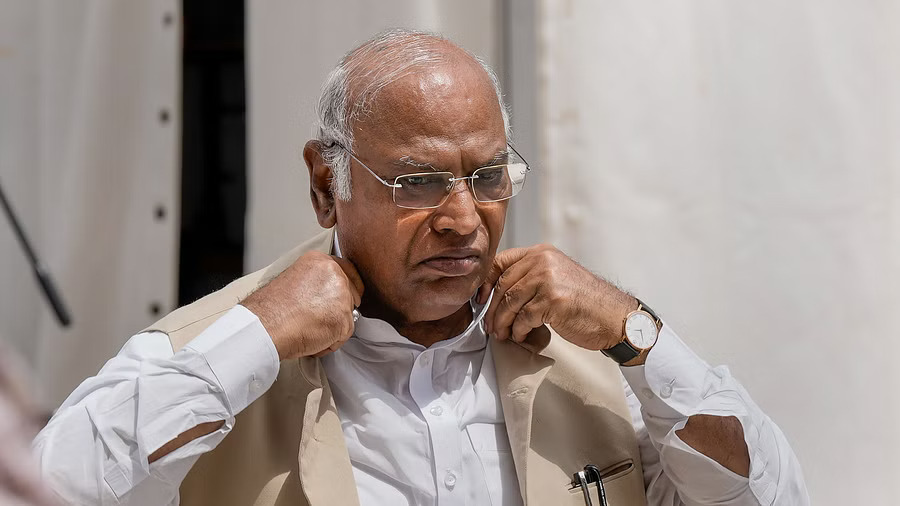Criticism has emerged from India Bloc, a prominent political group, directed at the Modi government’s recent reduction in LPG (liquefied petroleum gas) prices. The move, perceived by the group as an “electoral lollipop,” has ignited a debate over the timing and intent of the price cut, with India Bloc alleging that it is aimed at political gain ahead of impending elections.
The Modi government’s decision to lower LPG prices was announced amidst growing concerns about the impact of rising fuel and commodity prices on citizens’ budgets. LPG, a crucial household necessity, is widely used for cooking across India. The price cut was intended to provide relief to consumers grappling with the economic challenges posed by inflation and cost-of-living pressures.
However, India Bloc has voiced skepticism about the timing of the move, raising questions about whether the reduction was driven by genuine concern for citizens or motivated by political considerations. The group alleges that the price cut is part of a series of populist measures aimed at garnering support in the run-up to state and national elections.
Government officials have defended the decision, asserting that it was taken in response to citizens’ concerns and as a means of mitigating the financial burden on households. The reduction, they emphasize, was implemented after careful consideration of economic factors and fiscal responsibilities.
The exchange between India Bloc and the government highlights the delicate balance between addressing public concerns and navigating the political landscape. Critics argue that such measures could be interpreted as attempts to sway public opinion and secure votes, especially in a period characterized by heightened political activity.
As the nation prepares for upcoming elections, debates surrounding government policies and their motivations are likely to intensify. The discourse highlights the need for transparency and accountability in policy decisions, especially when they intersect with political cycles.
The dialogue also underscores the diverse perspectives and interests that come into play in a democratic system, where policy decisions can be subject to varying interpretations and assessments. As citizens engage in these discussions, the larger question of balancing governance with electoral considerations remains a central theme in India’s political landscape.










